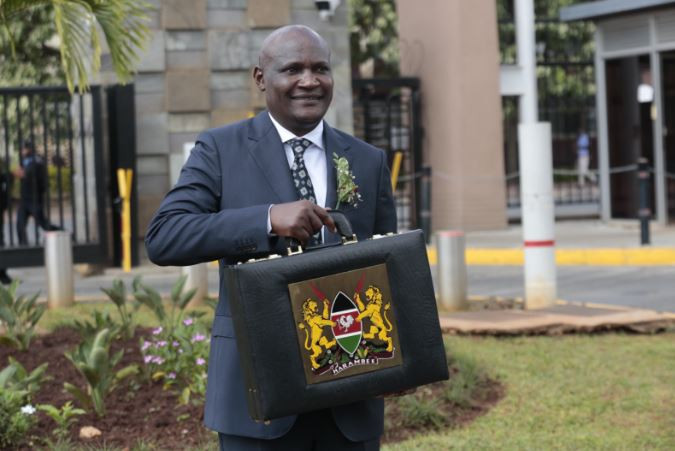
Kenyans must ask some difficult but necessary questions regarding this year's budget. How do counties fund healthcare without the money? How do they pay doctors, buy essential drugs, or keep hospitals running when billions meant for devolved health services are still locked up in Nairobi? Treasury Cabinet Secretary John Mbadi, make this make sense. The numbers tell a story of deliberate sabotage of devolution. Let us break it down.
Moi Teaching and Referral Hospital, a single national hospital in Eldoret, will receive Sh10.8 billion from the National Treasury in this budget cycle. Now compare that to the total allocation for the entire Uasin Gishu County, a county government responsible for not just healthcare but also roads, agriculture, education, water, and salaries which will receive Sh8.8 billion. One hospital will receive more money than an entire county.